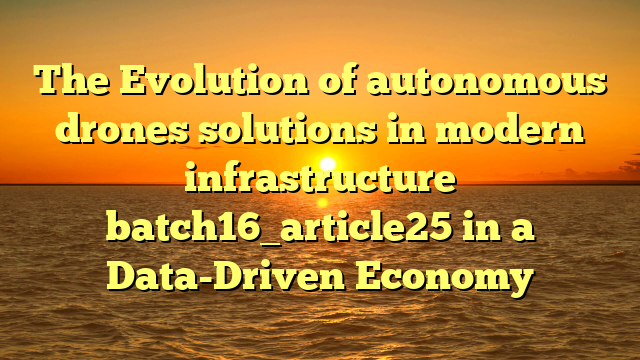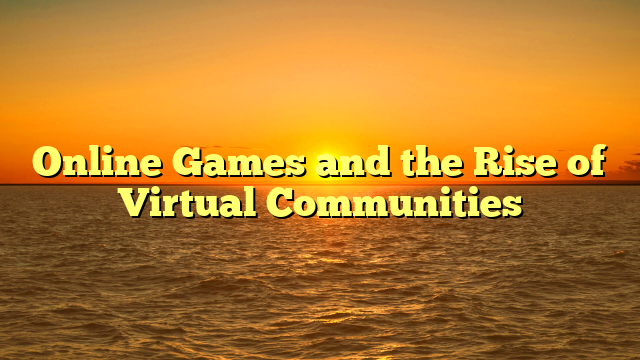
Politics is a multifaceted field that shapes national destinies. Spanning local governments to global diplomacy, political processes are crucial in defining societal structures.
Fundamentally, politics is about power dynamics. Political institutions establish laws that influence communities, financial systems, and cross-border connections. Various political ideologies such as democracy, authoritarianism, socialism, and capitalism offer different perspectives on how power should be distributed.
In democratic societies, citizens have the right to vote and participate in governance. Democratic elections serve as pillars of such systems, ensuring representation. Nevertheless, issues including voter disenfranchisement, fake news, and extreme partisanship may weaken the credibility of elections.
Globally, relations between countries are shaped by diplomacy, trade, and sometimes conflict. International bodies including the United Nations, NATO, and WTO work towards global stability, mutual security, and collaboration. Still, conflicts over territories, power rivalries, and divergent political beliefs often lead to tension and conflict.
Engaging in politics goes beyond just voting. Public demonstrations, advocacy groups, and local mobilization play a significant role in shaping policies. Citizens’ engagement can pressure governments to act on issues like human rights, climate change, and economic justice.
Furthermore, elected officials and political factions face challenges from public expectations, media coverage, and intra-party politics. Successful leadership depends on collaboration and dialogue. Yet, sewu 88 slot and corruption can hinder progress and erode trust.
Ultimately, political processes are fundamental to organized communities. Understanding the complexities and challenges of politics can empower citizens in shaping their political systems and destiny. Political structures and thoughts continue to develop with society, making it vital to stay informed and involved.
—





